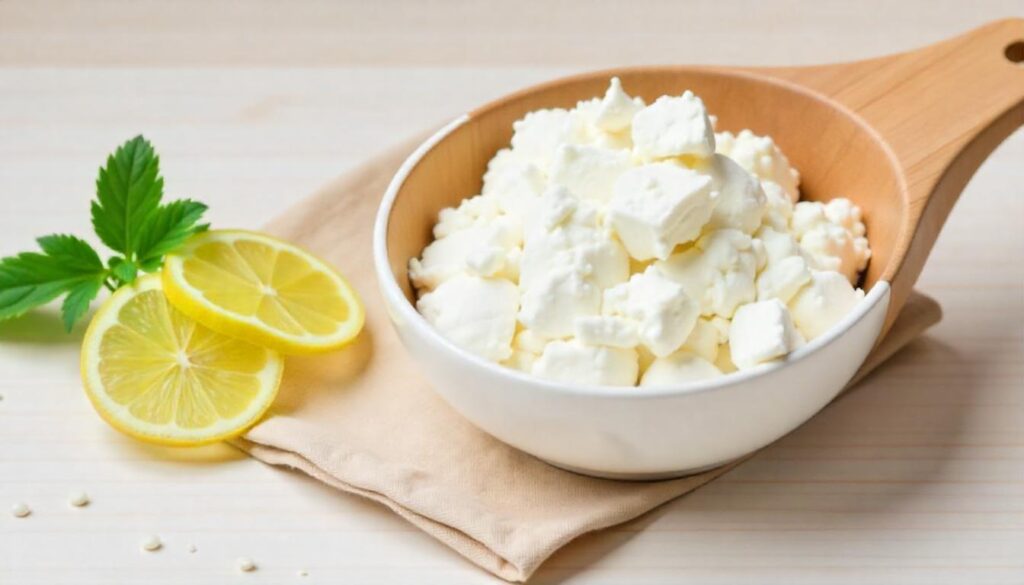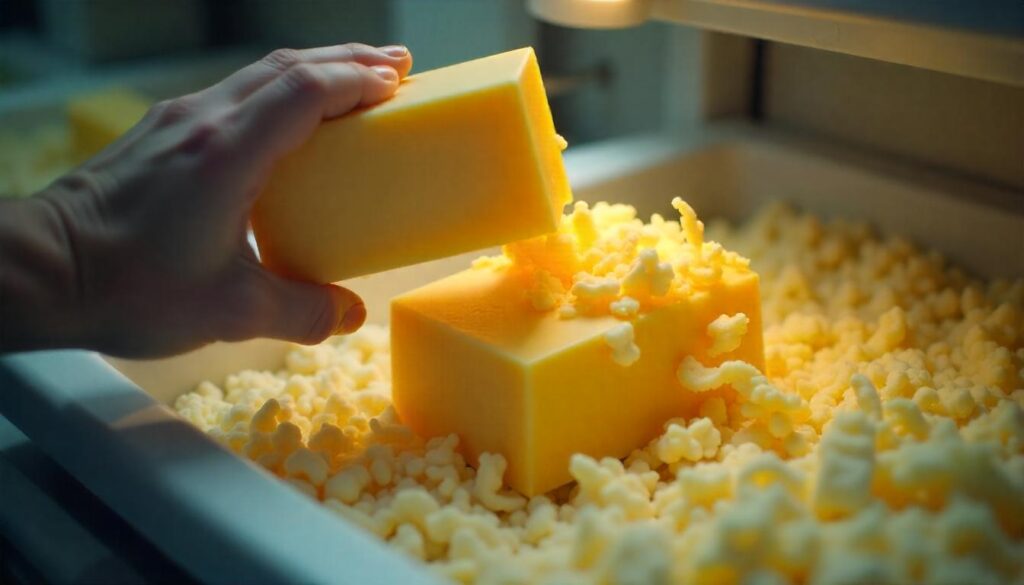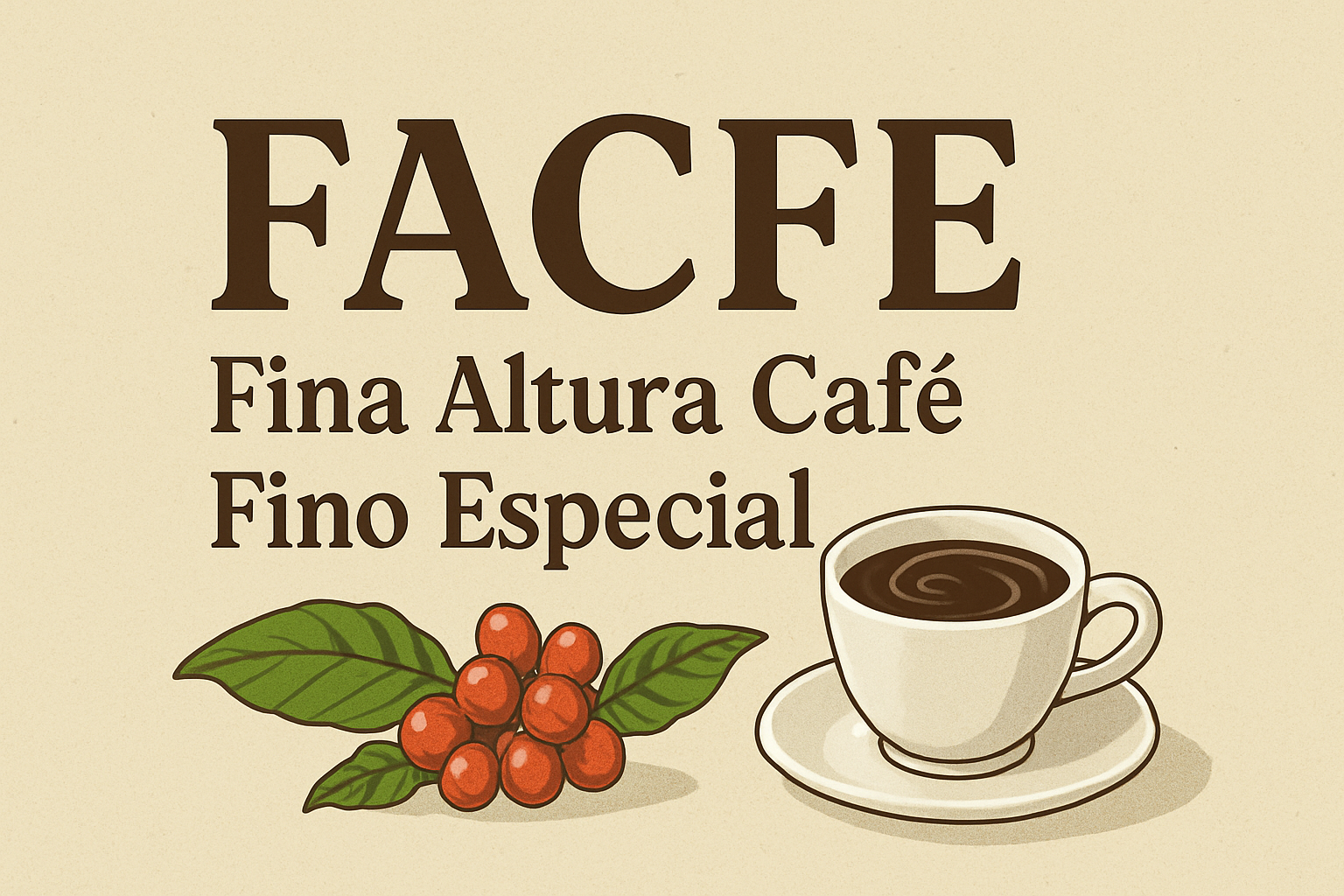Can You Freeze Cottage Cheese? I remember one time I was stocking up at the store and couldn’t resist grabbing a few extra tubs of cottage cheese—a decision I later questioned when I had leftovers piling up. ChatGPT said:
You may have faced the same situation, wondering what to do with the excess before it goes bad. Freezing cottage cheese can actually help you extend its shelf life, especially when you open the container and you’re down to your last seven to ten days. It’s a classic dilemma when you have more than you can enjoy in time. And no one wants to throw it out good food.
When we asked Fred Tiess, a master instructor at Johnson & Wales University’s College of Food Innovation and Technology, he was quick to share his expert insight. According to him, freezing is totally fine if you’re okay with some texture change, especially for recipes where that’s not a big deal. It isn’t just a yes or no—it depends on how you plan to use it once it’s thawed. ChatGPT said:
I’ve personally found that you can still use open containers in cooked dishes after freezing them, and they work great. Just make sure to use them only for that purpose and not for fresh eating.
What Is Cottage Cheese?
Most people know cottage cheese as a soft, mild cheese. But few realize how simple the process behind it actually is.
It all begins with milk. When you add an acid, it separates the milk into curds and whey—a method people have practiced for thousands of years to preserve the protein in dairy.
The curd is then cut into smaller pieces and mixed with cream. This results in the rich texture of cottage cheese that’s perfect for both savory and sweet dishes.
Tiess—a dairy expert I trust—explains that it belongs to the category of fresh cheese, along with varieties like ricotta, bakers, paneer, and queso fresco. Because cottage cheese is not aged, you must store it in the refrigerator to prevent mold and bacteria from growing. I always make sure it stays cold to keep it fresh, especially after opening. Among the most versatile cheeses in my kitchen, it’s a go-to ingredient when I want something healthy and filling.
Can You Freeze Cottage Cheese?
The good news is yes—you absolutely can freeze cottage cheese, and I’ve done it many times when I had too much on hand. But as Tiess tells Southern Living, it’s important to understand that the texture and taste will likely change once it’s frozen. The high moisture content causes ice crystals to form during the freezing process, which makes water separate when you defrost the cheese. This leaves behind an icy, grainy feel that might surprise you if you’re expecting that usual creamy smoothness.
In my kitchen, I’ve found that choosing full-fat cottage cheese from the store helps reduce the severity of the texture shift. The full-fat version is naturally creamier thanks to its higher fat level, and it tends to retain more flavor after thawing than low-fat or fat-free types. While any form of cottage cheese will still undergo some change, the full-fat one holds up better overall. As Tiess explains, understanding this difference makes a big impact when you want the best results after freezing.
How To Freeze Cottage Cheese

It’s absolutely possible to freeze cottage cheese, but doing it the right way makes all the difference. I’ve tested a few freezing methods over time, and the ideal approach really depends on how you plan to use it later. For the best results, always freeze it fresh—never after it’s sat in the fridge for more than a few days.
If you have already opened your cottage cheese or removed it from its original container, just make sure to seal it tightly before freezing. You’ll also want to avoid freezing leftovers you know you won’t eat soon—it’s best to toss anything that’s been sitting too long. Personally, I always check the date and smell before deciding whether that last scoop is worth saving.
How To Freeze Unopened Cottage Cheese
If you’ve ever purchased multiple tubs of cottage cheese for a big recipe but only needed one, that extra, unopened container doesn’t have to go to waste. The best way to make it last longer is by placing it in the freezer before it expires. From experience, I always leave the original packaging as it is and wrap the whole thing in aluminum foil or plastic wrap for an extra layer of protection.
To be safe, I also seal the wrapped container in an airtight, freezer-safe bag. Don’t forget to add a label with the date on the outside, so it’s easy to track the expiration. That simple habit has saved me from wondering later if it’s still okay to eat. Freezing unopened cottage cheese is one of those small tricks that helps avoid waste and keep your fridge organized.
How Long Cottage Cheese Lasts In The Freezer

When I first tried to freeze cottage cheese, I didn’t expect it to last almost indefinitely. At a constant, subzero temperature. Like many frozen foods, the texture may change, but the real concern is how long it keeps its quality before it starts to deteriorate. As Tiess explains, the bigger issue is freezer burn and the integrity of the plastic container it’s stored in. If the cheese has never been opened, you can keep it in the freezer for about three to six months. But once it’s opened, the timeframe is shorter—maybe just one to three months before it’s no longer good or useable. That’s something I always track carefully, especially when I stock up during sales.
Can You Freeze Cottage Cheese? How To Thaw Cottage Cheese
If you ever freeze cottage cheese, it’s important to thaw it the right way to keep it safe and usable. From my kitchen experience. I always move it to the fridge and let it sit there for 18 to 24 hours before I use it.
Experts like Tiess say this is the best method because frozen foods will defrost more evenly this way. And won’t reach unsafe temperatures like 40°F or higher. Once thawed, it should be used immediately. And not saved again, since refreeze is a big no for proteins like this due to food safety reasons. If it’s not eaten right away, it must be discarded—as. Tiess instructs, consumers should be careful with products like these to avoid any risk.
Can You Freeze Cottage Cheese? How To Use Leftover Cottage Cheese
ChatGPT said:
If you’ve frozen cottage cheese, you might notice an icy, grainy texture and a slightly different flavor once it’s thawed. However, with a little creativity, you can still use it. Tiess suggests that you puree the defrosted. Cheese before adding it to dishes like pancakes, cheesecake, bread, or even kolache and kugel. The pureed cheese will blend in well, hiding the change in consistency.
For a fun and tasty treat, you can make a frozen dessert with your leftover cottage cheese. Tiess recommends blending several cups of cottage cheese with a ripe banana, frozen blueberries, and a tablespoon of honey. This higher protein popsicle is a sweet treat perfect for the hot summer months!
RELATED: Can You Freeze Cottage Cheese?




